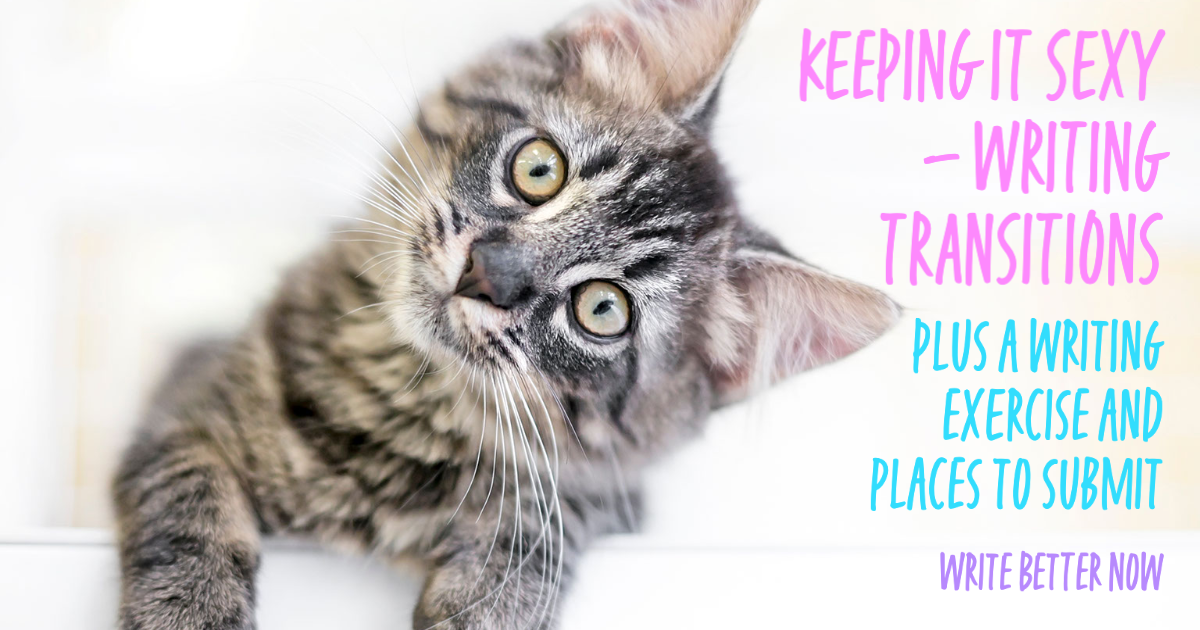How Do You Begin and End a Chapter?
It isn't always easy, but it should be, darn it. Oh! I said, 'darn.'
On Monday I talked a bit about transitions, which was a lead up about chapter transitions. Then I talked about chapter lengths and titles. You can check that out here and here.
How Do You Begin a Chapter?
You want to start in a way that makes your reader want to read the story.
You want there to be continuity from the last chapter so it doesn’t feel jerky and episodic.
You want to have a good first line to pull the reader along for the whole length of the chapter. It is the Oreo cookie or potato chip of the writing world. You want to make it so delicious that the reader just can’t eat/read just one sentence, but send them on a gobbling frenzy.
Usually, you want to:
1. Show where they are.
2. Have some action.
3. Have a character
You can start:
1. With setting the scene.
2. Dialogue, but this isn’t a big hot thing to do right now. If you do this, make it exciting.
3. In the middle of the action. If you want to be fancy say, in medias res.
You want to make sure it’s:
1. Not boring.
2. That it makes sense with the rest of the story.
3. That we know where the characters are. You don’t want them just floating out in the ether (usually). That’s the who, what, when, where, why of the story, too.
4. That the chapter has a point. If you took this chapter out, would you still have a story?
That’s really such an important question that I’m going to repeat it:
1. If you took the chapter out, would the story still make sense?
If it does, then you want to take that chapter out.
Along those lines, your chapter should do a couple things:
1. Help the character transform.
2. Give the character a goal and show movement or loss towards that goal.
3. Be part of the novel’s cause and effect that creates the novel’s plot.
4. Have an ending that compels the reader to keep reading after the pause.
Chapter Endings.
These little babies are what worry a lot of writers. How do you end things? You’ve been in a relationship with this chapter for a long few pages, hammering out the words on the keyboard, spending time together.
It’s so hard to let go!
But seriously, when should your time together end?
Good times to end your chapter are:
1. After a big turning point in your story. If you’re following a beat sheet or outline, those turning points are great places to pause.
2. Right before a big turning point in your story.
3. Right after something scary happened.
4. Right before something scary happens.
5. Right after something emotionally resonating happened.
6. Right after something is figured out.
Look at your favorite books and the last three paragraphs of each chapter. What just happened? A lot of times you’ll see that they are:
1. Moments of suspense. Something big is about to happen.
2. Moments of reflection. The character is thinking about something big that just happened.
3. Moments of questioning. The what do I do or what did I do times.
As Janice Hardy wrote on her blog,
“Chapter transitions work in one of two ways. The next chapter picks up right where the previous one ended, or it jumps ahead in time (or back if it's that kind of story).”
And this? This finally will get us into our deeper dive into chapter transitions this Wednesday or Thursday. Whew. It took me a lot to get us there, didn’t it?
WRITING EXERCISE
This is adapted from Billy Collins.
If you can, go outside and move through the world. If you can’t go outside, grab a random video on YouTube. Maybe a travel one.
Notice what you see. Is there grass? Concrete? People? Cats? A car? A pool? Trees? Garbage pails?
Once you see those features of the outside world, try to create a poem using some of them.
Think about your stanzas that you’ll use for your poem. Will it be fast? Slow? Punchy sentences or full of clauses?
Write.
PLACES TO SUBMIT
Orion’s Beau. Genre: LGBTQ fantasy: fiction, poetry, art. Payment: $3. Deadline: May 10, 2023. See theme.
Tiger Lily. Restrictions: Open to writers 18–21 living in the UK. Genre: Fantasy. Length: Roughly 5000 words. Payment: £50 per piece. Deadline: May 10, 2023.
Georgia Review. Genre: Fiction, poetry, non-fiction. Payment: $50 per printed page for prose and $4 per line for poetry. Essay-reviews and standard reviews earn honoraria of $50/printed page. Deadline: May 14, 2023. Fee to submit online; no fee for postal submissions.
Arc Poetry Magazine. Genre: Poetry. “Crip Lives: Restoring Subjectivity.” “Arc Poetry Magazine invites artists who live with disability/chronic illness/mental illness and other forms of existence that are impacted by ableism to send us poems, prose, essays, and reviews exploring what it means to be in the world, or your topic of choice.” Payment: $50 per page. Deadline: May 15, 2023.
ALL THE LINKS
This is a post where you can see all the topics and links to the pages where I’ve talked about all the topics in my time here.
It's All About The Links, Bout The Links, No Filler
Hi, everyone! I’m going to try to update this post every month, and it’s a way to go to links by topic. I’m feeling vaguely heroic for doing this, thus the photo up there. ^^^ If you go to archive, you can see the list of everything, presumably by date.
The Role and Length of a Chapter
On Monday I talked a bit about transitions, which was a lead up about chapter transitions. You can check that out here. Chapter Transitions are just one kind of the transitions in a story, right? You transition from paragraph to paragraph. You transition from scene to scene.
KEEPING IT SEXY – WRITING TRANSITIONS
In life and in story, you have these things called transitions. Places where things change. You go from one place to another, one scene to another, one chapter to another, one husband to another, one president to another. A really good transition is really just a bridge that helps the reader go logically from one section, scene, chapter to another withou…





